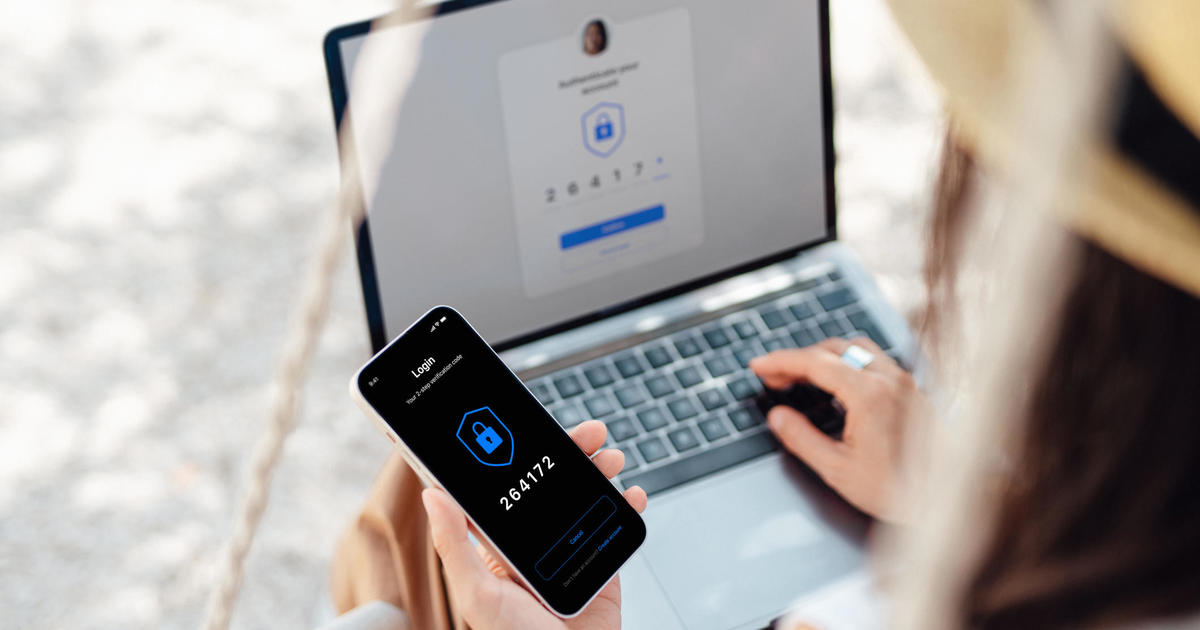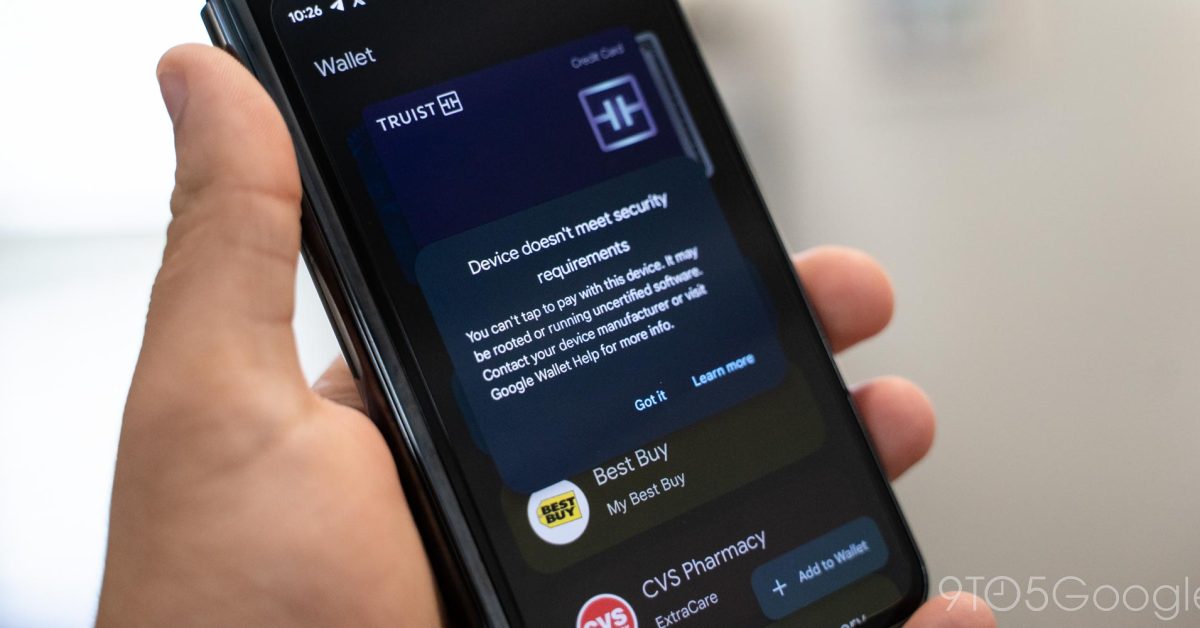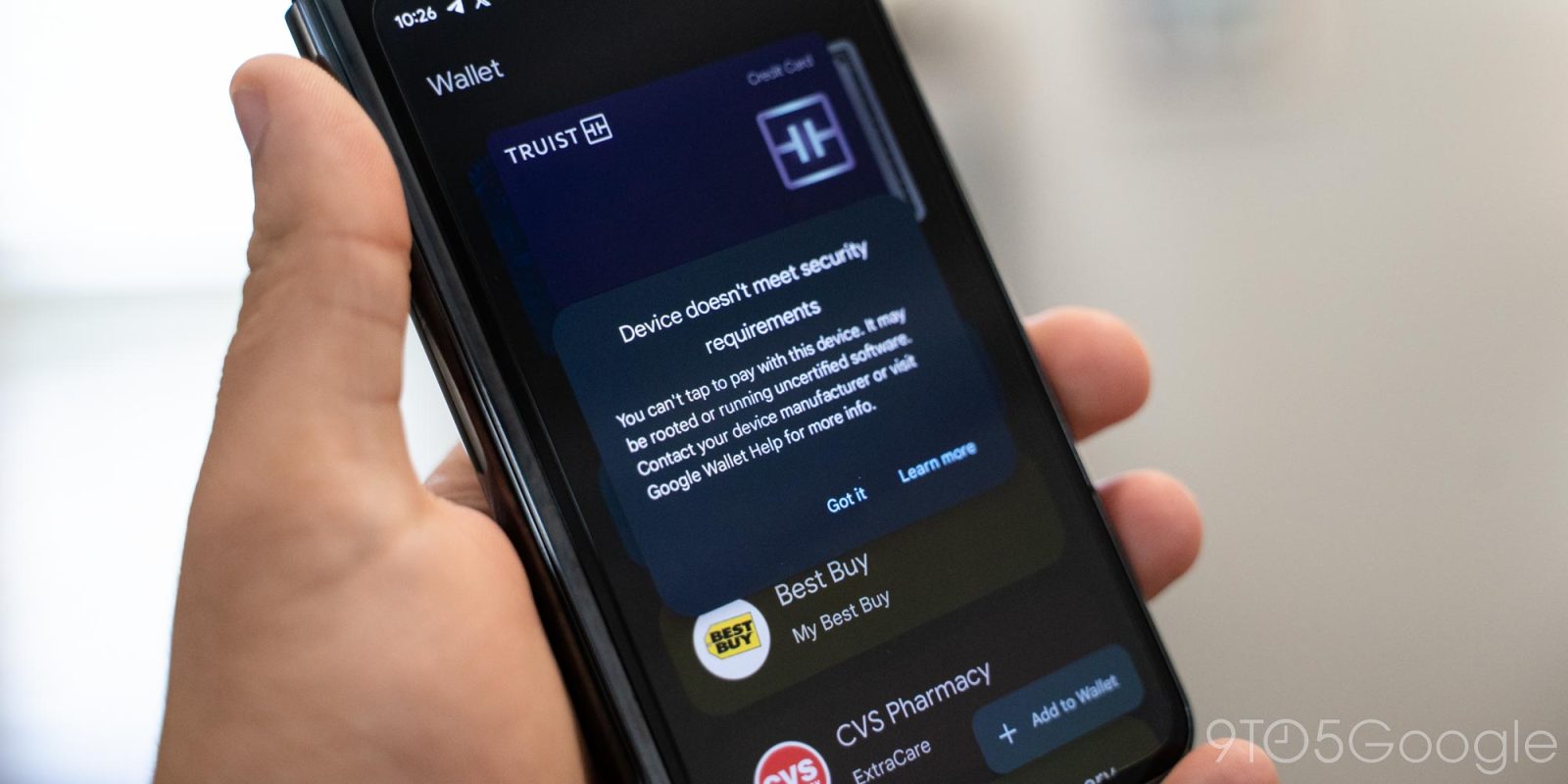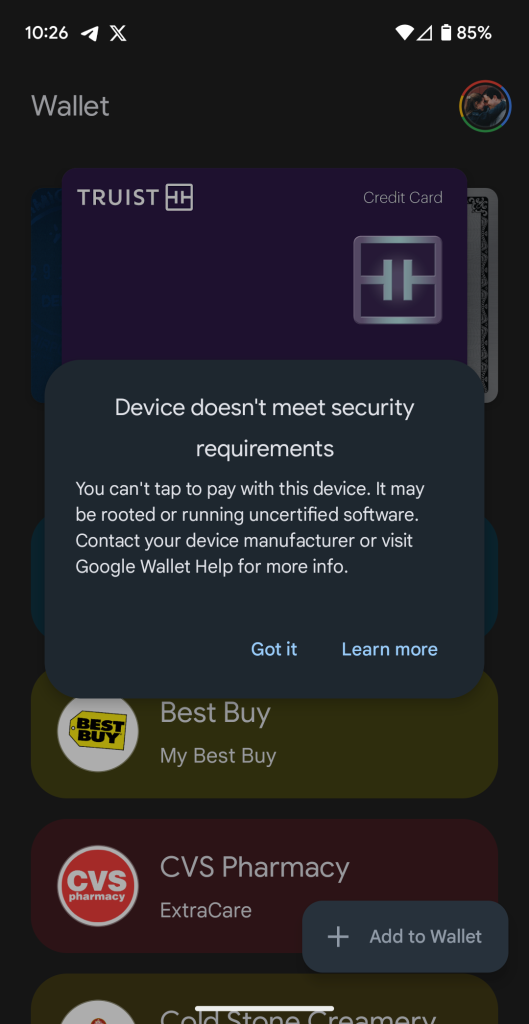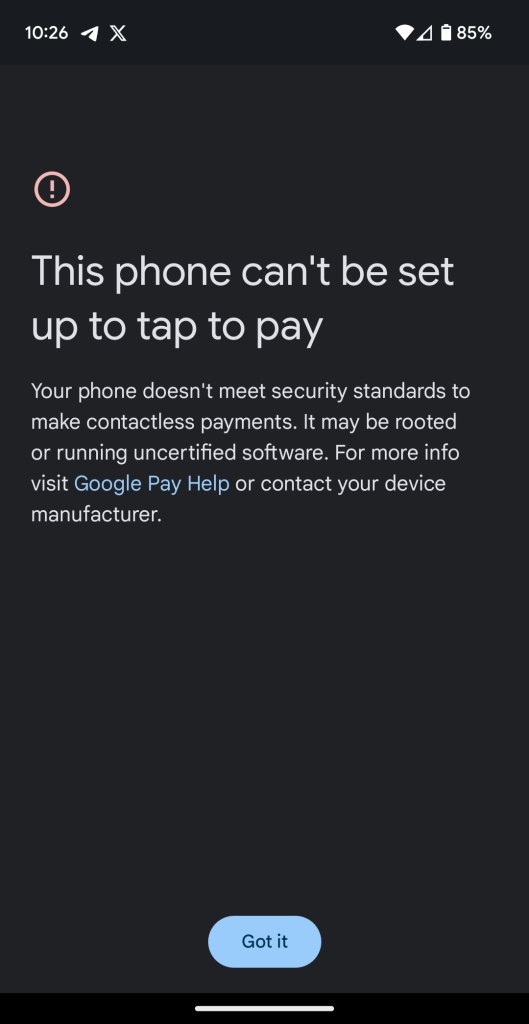Our top password managers of 2023 will break a hacker’s heart
Let’s face it: Most people make their passwords … and then forget them. Or they make insecure passwords that others can easily guess.
No matter the password indiscretion, it’s terrible for personal security. You should have a reliable place to store all of your passwords. And that doesn’t mean keeping a logbook of everything you need to remember. If someone happened to get a hold of your passwords because of the low-effort way you’ve stored it, that could spell disaster for your personal information and identity.
But don’t worry. There’s a very simple solution: a password manager. These apps are affordable for just about any internet user, and you only have to enter your password one time. The app can take it from there.
What is a password manager? It’s about to be your new best friend. Put simply, it’s a digital vault to store all the passwords you need to access, whether it’s a daily login for your home office or a password to get to your Instagram account. And it’s a great way to not have to hit that annoying “Forgot Password” link every time you want to log in somewhere. You’re never far from your passwords when you use a manager like Dashlane, 1Password, or NordPass. Enter your master password, and you’re good to go.
But how do you know which password manager is worth your time? There are some features you’ll want to keep in mind. Before you commit to one, keep in mind that the variety of features each one offers, the companies that created them, as well as their data encryption policies. There’s no doubt you’ll keep an eye on their pricing options.
You probably don’t even have the time to do the research needed to choose a password manager on your own. So we’ve done every bit of that for you. We’ve selected some of the best password managers on the market that you can choose from right now, with excellent free options and even better premium tiers that you’ll be thrilled to log in to every day. They’ll give you both security and peace of mind, and all for a few dollars a month.
Below, find 10 of our favorite options for the best password managers in 2023.
1Password
…
